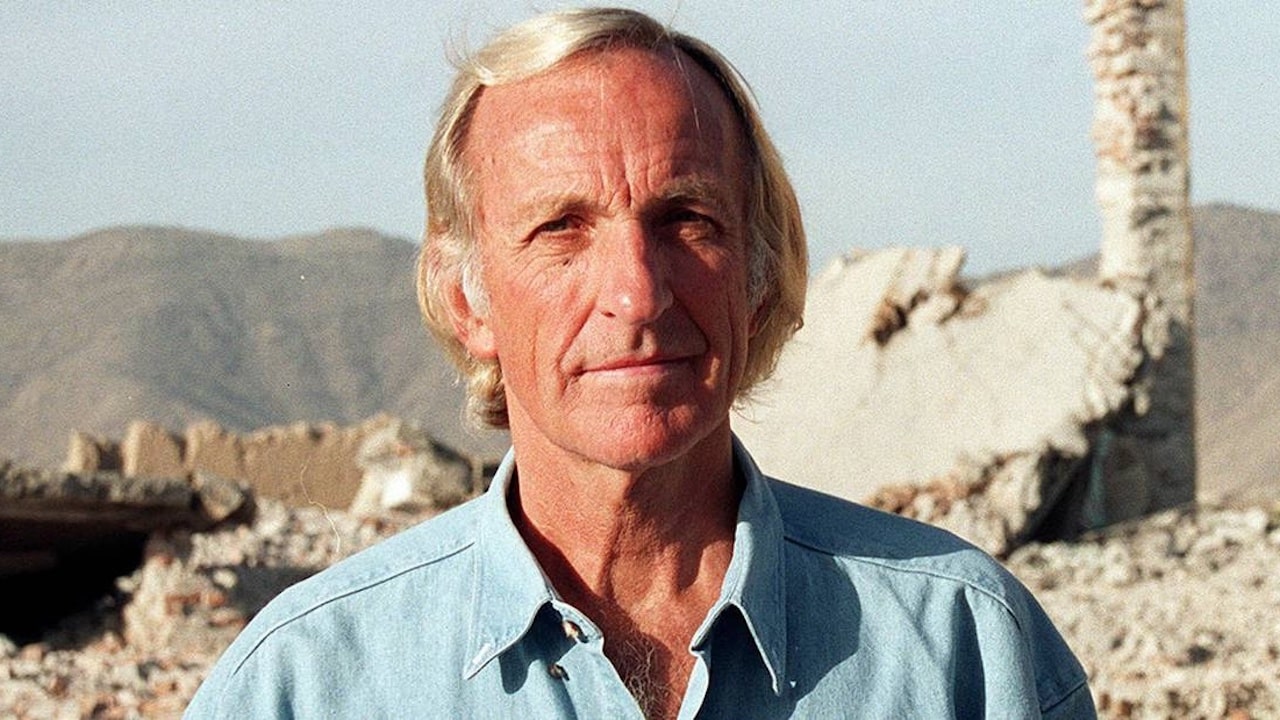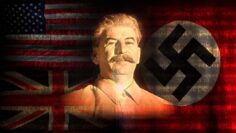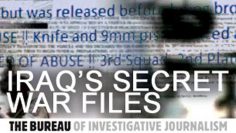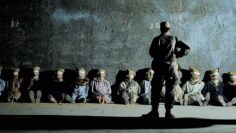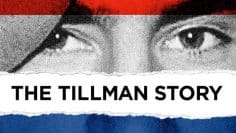Breaking the Silence: Truth and Lies in the War on Terror
Breaking the Silence: Truth and Lies in the War on Terror presents a John Pilger’s investigation into the inconsistencies between the American and British justification for the ‘War on Terror’ and the facts on the ground in Afghanistan and Washington DC.
Pilger’s investigation takes him to remote villages in Afghanistan, where he interviews victims of American military actions. One such interviewee is Orifa, who lost eight family members, including six children, when an American plane bombed her home. This stark reality is contrasted with Bush’s claim that the United States is “a friend to the Afghan people”.
The documentary highlights the destruction in Kabul, showing cluster bombs still present in the city center and families living in abandoned buildings. Pilger reveals that much of the damage was inflicted not by the Taliban, but by warlords backed and funded by the United States. These same warlords, he notes, restored the opium trade that the Taliban had previously banned.
Pilger delves into the historical context, discussing the 1979 Soviet invasion of Afghanistan and the subsequent CIA and MI6 training of Islamic extremists, including Osama bin Laden, as part of Operation Cyclone. He argues that this operation ultimately led to the rise of the Taliban, Al-Qaeda, and the September 11th attacks.
The film also explores the complex relationship between the United States and the Taliban, revealing that the Clinton administration had offered the Taliban a bribe to support an oil pipeline plan through Afghanistan. This connection became an embarrassment for the Bush administration, leading to a severing of ties.
Breaking the Silence: Truth and Lies in the War on Terror features interviews with key U.S. administration officials. Pilger speaks with Under Secretary of State John Bolton, who defends America’s role in promoting freedom around the world. When challenged about the U.S. record of bombing countries, Bolton responds by questioning Pilger’s political affiliations.
The documentary also includes interviews with William Kristol, editor of The Weekly Standard, Douglas Feith, Under Secretary of Defense for Policy, and presidential candidate General Wesley Clark. These conversations raise questions about the real motives behind the ‘war on terror’ and the influence of the Project for the New American Century, whose members were once dismissed as ‘the crazies’ by the first Bush administration.
Through these interviews and on-the-ground reporting, Pilger challenges the official narrative of the ‘war on terror,’ exposing the gap between political rhetoric and the realities faced by those living in affected regions. The film provides a critical perspective on U.S. foreign policy in the aftermath of the September 11th attacks, questioning the true objectives of military interventions in Afghanistan and Iraq.

